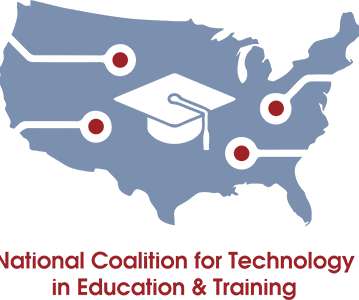Progress Made on K–12 Connectivity, But Work Remains
EdTech Magazine
FEBRUARY 12, 2019
The nonprofit broadband advocacy group found nearly 45 million students enjoy in-school access to high-speed internet connectivity, up from 39 million in 2017. According to the group, 98 percent of public schools have next-generation fiber infrastructure, and 96 percent have enough connectivity to support online and digital learning. .
















Let's personalize your content